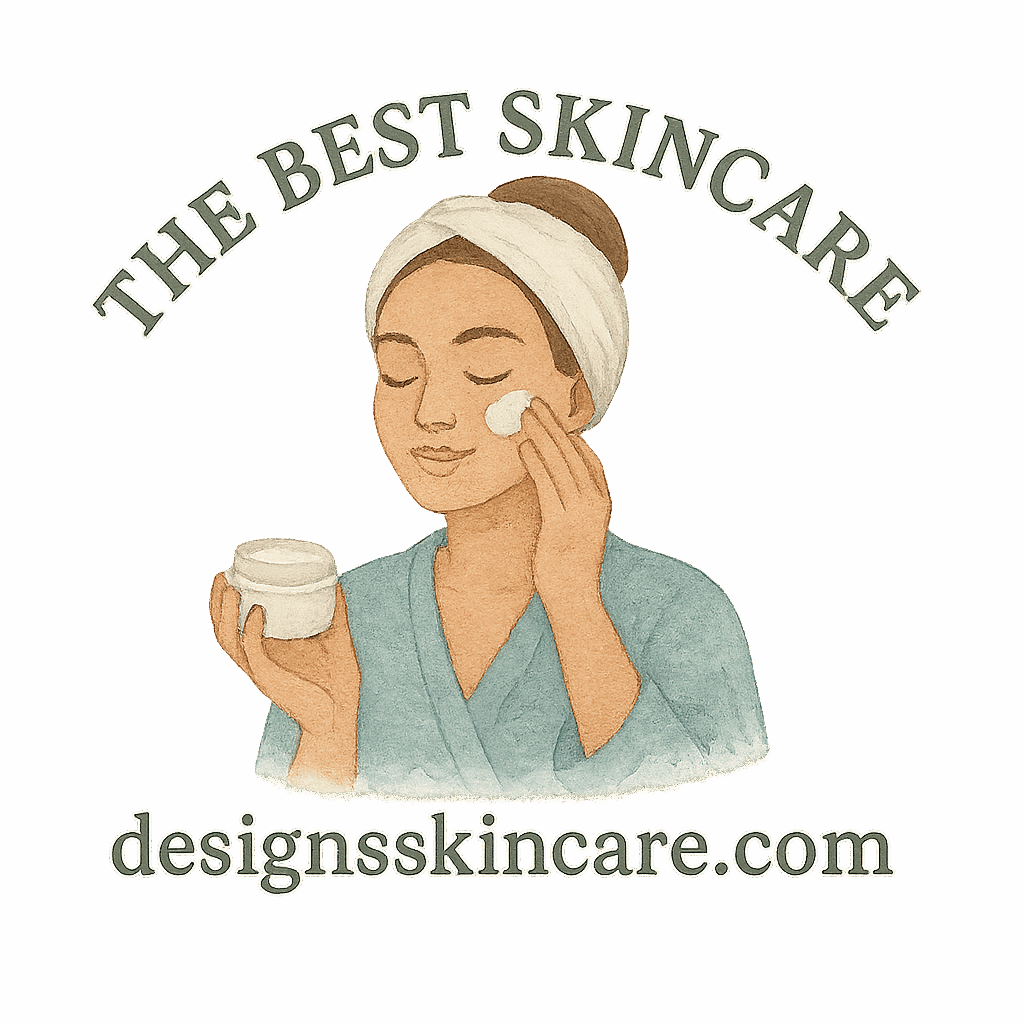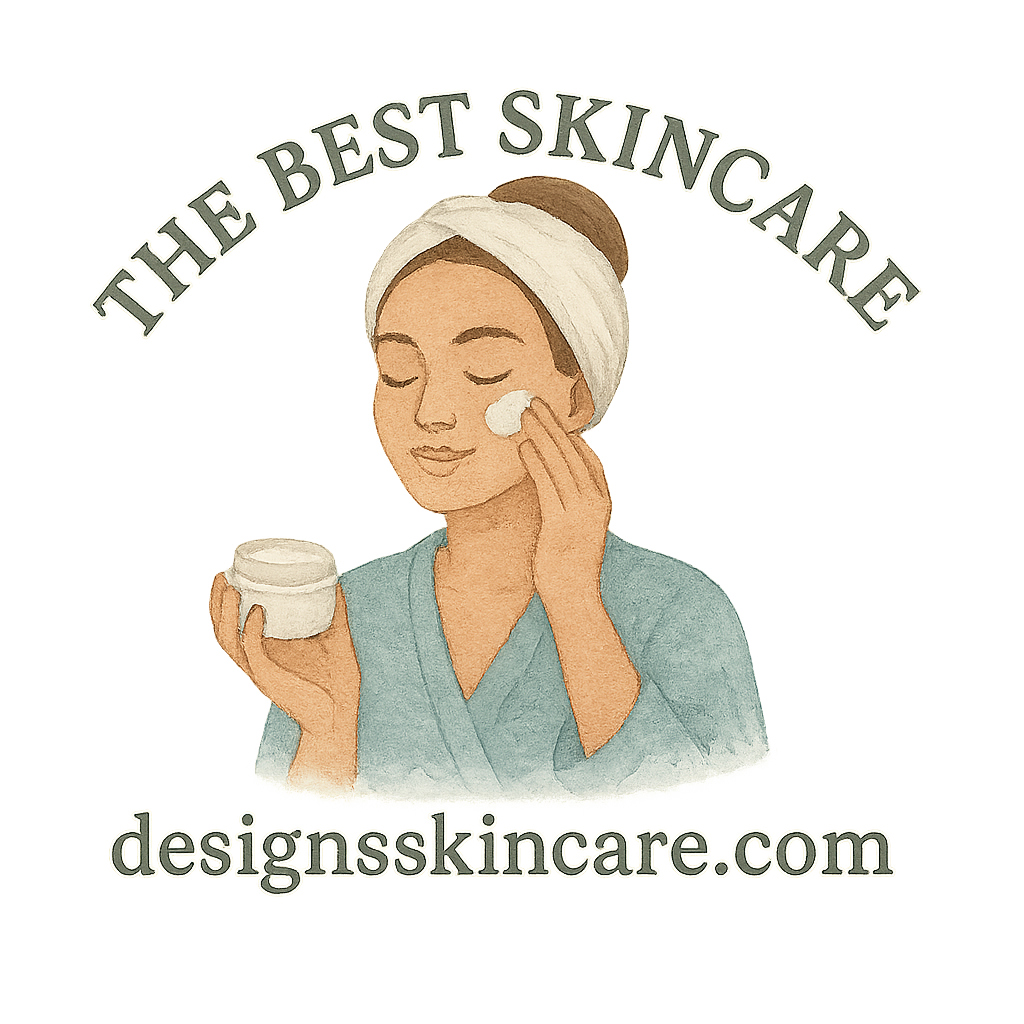Introduction
Let’s be real — wrinkles happen to everyone. But the way we deal with them is often shaped by myths floating around social media, word-of-mouth tips, and even flashy skincare ads. If you’re slathering on pricey creams or relying on DIY cucumber masks thinking they’ll zap your fine lines away, you might be falling for some of the biggest skincare myths about wrinkles.
In this guide, we’re busting five major myths about wrinkles that could be sabotaging your skincare game. Whether you’re just starting to notice laugh lines or already knee-deep in your anti-aging journey, this article is packed with practical advice, science-backed facts, and internal resources to help you glow smarter — not just harder.
Myth 1: Wrinkles Only Come with Age
The Real Culprit Behind Early Wrinkles
Sure, aging plays a role. But wrinkles aren’t just reserved for your grandma. Factors like UV exposure, pollution, poor diet, and even facial expressions (yep, your signature smirk!) contribute to premature wrinkles. According to dermatologists, environmental damage accounts for nearly 80% of skin aging. That’s huge!
How Lifestyle Accelerates Skin Aging
Smoking, stress, dehydration, and junk food don’t just mess with your insides—they show up on your skin. Want a clearer picture? Visit our Lifestyle Skincare section to learn how your habits impact your face.
Your skin reflects your lifestyle, and if you’re skipping sunscreen or skimping on sleep, you’re fast-tracking wrinkles way ahead of schedule.
Myth 2: Expensive Products Work Better
Price vs. Ingredients: What Matters More?
Just because a product has a fancy label doesn’t mean it works better. What truly matters are active ingredients — think retinol, peptides, niacinamide, and hyaluronic acid. Brands can charge hundreds just for packaging, but what’s inside may be no more effective than your local drugstore find.
Explore our Skincare Products tag for budget-friendly options that still pack a punch.
How to Read Skincare Labels Like a Pro
Skincare labels are like nutrition labels — confusing, but crucial. Look at the concentration of key ingredients, not the marketing fluff. Our Skincare Ingredients Guide can help decode what’s really in your cream.
Myth 3: Moisturizers Can Erase Wrinkles
Moisturizers vs. Anti-Aging Treatments
Moisturizers are great — they keep your skin plump and hydrated. But let’s not kid ourselves: no moisturizer is going to erase wrinkles overnight. Anti-aging treatments, like retinoids and peptides, actually promote collagen production — a key player in wrinkle reduction.
Check out our deep dive on Moisturizer Tips and learn how to combine products for real results.
The Real Role of Hydration in Skincare
Dehydrated skin can look older, making fine lines more visible. That’s why hydration is essential. But it’s one piece of a bigger puzzle. Combine it with serums, exfoliants, and proper sun protection. Our guide on Hydration can help keep your skin dewy and youthful.

Myth 4: Natural Remedies Are Always Better
The Truth About DIY Skincare for Wrinkles
We get it — DIY masks are trending. But just because something is natural doesn’t mean it’s effective or safe. Lemon juice, for instance, can cause irritation and worsen pigmentation.
Instead, browse our curated Skincare Guide to find proven, gentle solutions.
When Natural Goes Wrong
Homemade remedies often lack stability, meaning they break down or lose effectiveness quickly. Some even react poorly with sun exposure. Nature is powerful, but so is science. A smart routine combines both.
Myth 5: You Don’t Need Sunscreen Indoors
The Power of UV Rays, Even Indoors
Think you’re safe inside? Think again. UVA rays penetrate windows and contribute to aging. Blue light from screens may also accelerate skin aging. Daily SPF is your shield — indoors or out.
Dive into our Skincare Routine guide to find SPF options that suit every skin type.
Daily SPF: A Non-Negotiable Step
Sunscreen is the holy grail of anti-aging. Reapply every two hours if you’re near windows or working with screens. Check our Glowing Skin tag to see why SPF is your BFF.
Bonus Tips to Fight Wrinkles Effectively
Build a Solid Skincare Routine
Consistency is key. Cleanse, treat, moisturize, and protect — every day. Tailor your routine to your skin’s unique needs by browsing Skincare by Age and Skincare by Skin Type.
Eat and Sleep Your Way to Younger Skin
Antioxidant-rich foods and quality sleep repair your skin from the inside out. Learn how to nourish your skin through our Healthy Eating and Skincare Diet resources.
Conclusion
Skincare shouldn’t be confusing. Wrinkles are natural, but misinformation doesn’t have to be. By ditching these common myths and embracing a smarter, simpler skincare routine, you’ll set your skin up for long-term success.
Want more insider tips? Dive into our growing library of Beauty Tips and Skincare Tips to keep learning, glowing, and growing.
FAQs
1. Do anti-aging creams really work? Yes, if they contain proven ingredients like retinol, peptides, or antioxidants. But no cream will completely erase wrinkles.
2. Is sunscreen necessary if I work from home? Absolutely. UVA rays can pass through windows, and blue light from screens can also affect your skin.
3. Can drinking water reduce wrinkles? Hydration helps, but it’s not a standalone solution. Combine it with a solid skincare routine.
4. Are natural oils good for wrinkles? Some are! Like rosehip or argan oil. But always patch-test and avoid unverified DIY recipes.
5. What’s the best age to start using anti-aging products? Your mid-to-late 20s is a great time to start. Prevention is easier than correction.
6. How do I know which product is right for my skin type? Use our Skincare by Skin Type guide for tailored recommendations.
7. Can stress really cause wrinkles? Yes! Chronic stress increases cortisol, which breaks down collagen. Try mindfulness and quality sleep to combat this.


